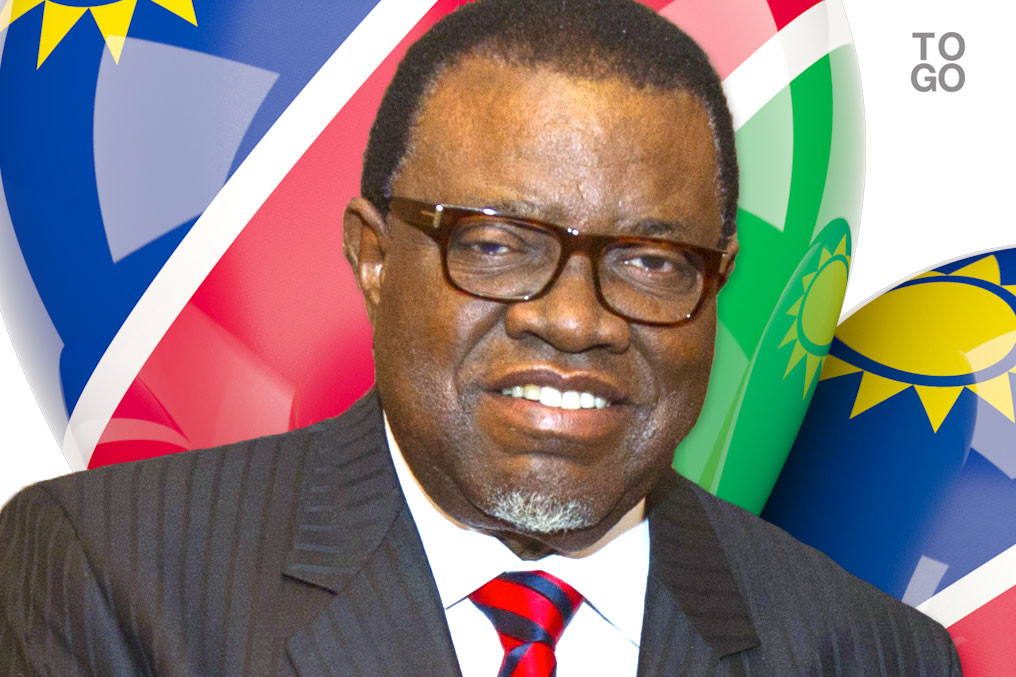
Namibia dumps plan forcing white-owned businesses to sell stake to black citizens
Namibia has scrapped a clause in its economic empowerment framework that would have forced white businesses to sell a 25 percent stake to previously disadvantaged blacks.

Making the announcement during his state of the nation address, Namibia president Hage Geingob said a revised National Equitable Economic Empowerment Framework (NEEEF) draft bill will be proposed in Parliament before the end of the year.
The idea is similar to one in South Africa where companies are required to increase black ownership by selling shares to groups who were excluded before 1994 under white-minority apartheid rule. Supporters of the plan feel if implemented successfully, NEEF would not only widen economic ownership but increase employment among Nambia’s disadvantaged.
However, according to a study by the University of Namibia most Namibians, especially the previously disadvantaged, lack the money to buy 25 percent of a business, nor are they able to obtain access to funding to participate in such transactions.
Geingob said the role of government was to create a conducive business environment where owners, whether black or white, who can afford risk capital, can participate in equity transactions under NEEEF.
“We must strive towards inclusive broad-based empowerment focusing on the plight of farm workers, domestic workers, women, the youth and all disenfranchised Namibians. Employee share schemes are one of the most effective forms of broad-based empowerment. I encourage such an approach,” he said.
Ratings firms Fitch and Moody’s cut Namibia’s debt to sub-investment grade last year partly due to the uncertainty of Namibia’s economic recovery brought about by certain aspects of the economic empowerment plan.
Business lobby groups, while supporting plans to empower previously disadvantaged blacks, also expressed reservations about the clause forcing white business to sell shares to blacks.
Black economic empowerement has also faced challenges in South Africa, with uncertainty around ownership levels in the mining sector have deterred investment in a sector that accounts for 8 percent of the country’s economic output.






